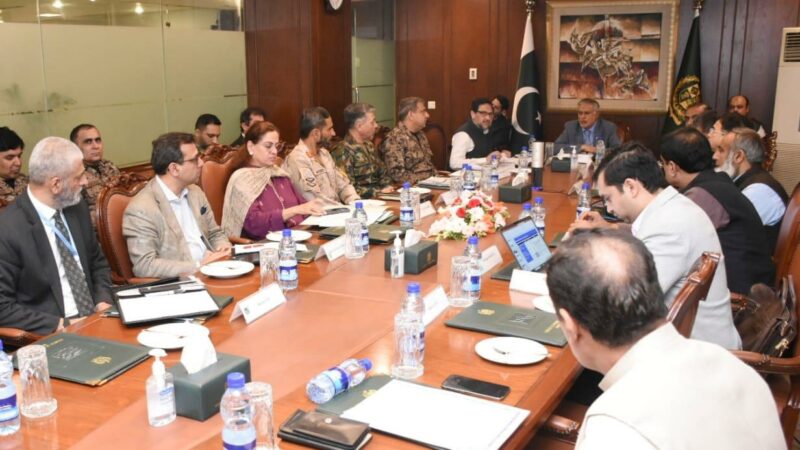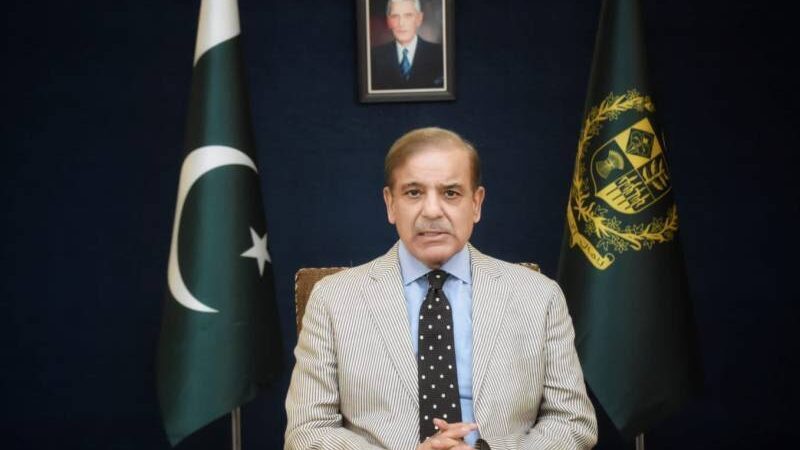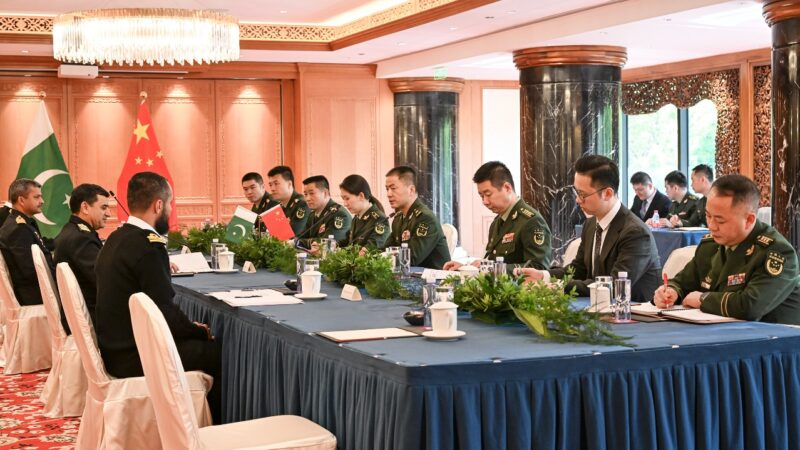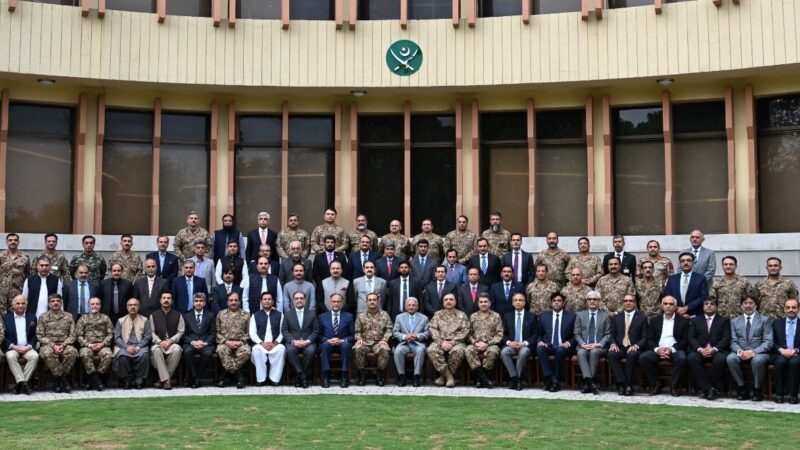Aimen Jamil
Pakistan’s chronic energy shortages have plagued the country for decades, leading to power outages, and stunted economic growth. The Iran-Pakistan (IP) gas pipeline project, revived in February 2024 after years of delays, promises to be a game-changer.
Pakistani authorities announced the completion of the first phase of 81 km of pipeline project, originally envisioned 785 km, from the Iran border to Balochistan to Sindh and to Punjab. This decision was very much needed at this time as the deadline for the completion of the pipeline is reaching, otherwise Pakistan has to pay a compensation of $18 billion dollars, and Pakistan does not have the capacity to pay this compensation, as it is surviving on the bailout packages from International Monetary Fund (IMF) Iranian authorities have already extended the deadline for 180 days, September 2024. The project was meant to be completed by March 2024, Iran has completed the construction of this pipeline in its territory, which is more than 1100 km long from the Pars Energy Economic Zone
Pakistan has always been one of the main importers of energy in the region. In the meantime, Iran, as one of the main owners of energy resources that has maintained good relations with Pakistan, has a high capacity to meet the needs of Islamabad. For example, in recent decades, the project of transferring Iran’s gas to Pakistan has always been discussed. The pipeline project is the result of those discussions. The Iran-Pakistan gas pipeline project has been plagued by delays due to a confluence of internal and external factors. U.S. sanctions on Iran restrict the ability to move forward as the US threatened Pakistan to impose sanctions on it. Additionally, Pakistan faces pressure from regional powers like Saudi Arabia, historically an adversary of Iran, to stall the project. However, the political landscape has shifted dramatically since China brokered a reconciliation between Iran and Saudi Arabia in March 2023. Despite these hurdles, Pakistan’s fragile economy and the challenge of financing the project have also contributed to the delays. Even if the current project faces hurdles, the concept of a pipeline linking Iran and Pakistan holds long-term strategic value.
Musadik Malik, Pakistani Minister of Petroleum said that Pakistan was “engaged” in talks with US officials to plead for an exemption from sanctions for the project. “All necessary actions are being taken to construct the gas pipeline at the earliest,” he stressed, confirming that the project is stalled “due to international sanctions on Iran.” At the time, Pakistan “issued a Force Majeure and Excusing Event notice to Iran under the Gas Sales and Purchase Agreement (GSPA), which resultantly suspends Pakistan’s obligations under the GSPA, in written testimony before the National Assembly of Pakistan.
The project was inaugurated in 2013 by the then Pakistani president, Asif Ali Zardari and president of Iran Mahmoud Ahmadinejad. The relationship between Pakistan and Iran has suffered because of the US sanctions on Iran and the role of the other regional players. However recently the two sides are willing to improve their relationship. In 2023 there have been frequent visits between the officials to cooperate in the areas of security and economy and other areas of mutual interests. The ruling party in Pakistan, coalition of Pakistan Muslim League – Nawaz (PML-N) and Pakistan People’’s Party (PPP), is willing to work closely with its western neighbor to overcome the hurdles in completing the pipeline project.
Complex and deep-rooted geopolitical, security and diplomatic factors were considered obstacles on the way of Iran-Pakistan energy relations. Now the energy relations between the two countries have become more complicated due to border conflicts. At times, strained diplomatic relations have hampered the possibility of energy connectivity and cooperation, questioning joint energy projects. The long-term success of Iran-Pakistan energy cooperation hinges on addressing the complex interplay between regional diplomacy, economics, and security. Recurring ethnic conflicts and geopolitical tensions create a volatile environment that casts doubt on the stability of energy projects. Pakistan’s economic well-being and the very continuation of diplomatic ties depend on managing these challenges. Preventive measures to address conflicts and ensure long-term stability are crucial. The “peace pipeline” itself exemplifies this complex situation.
The IP Gas Pipeline project will benefit Pakistan in a number of ways. In order to relieve pressure on Pakistan’s current energy infrastructure, it will first address the country’s energy problem by offering a steady and dependable supply of natural gas. Productivity and economic growth will ultimately increase as a result of increased gas and electricity availability for residential, commercial, and industrial use. Project diversification, less reliance on costly fuel imports, and reduced exposure to variations in global energy prices will all improve Pakistan’s energy security. Additionally, the pipeline project will foster closer economic ties between Iran and Pakistan, opening up avenues for increased bilateral trade and investment opportunities. While it has the potential to foster closer relations and potentially lead to an easing of US sanctions, it has stalled due to geopolitical tensions. A diplomatic and intelligent approach is needed to navigate this intricate landscape of regional relations. In a nutshell, this project stands as a beacon of hope for Pakistan energy security.






